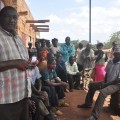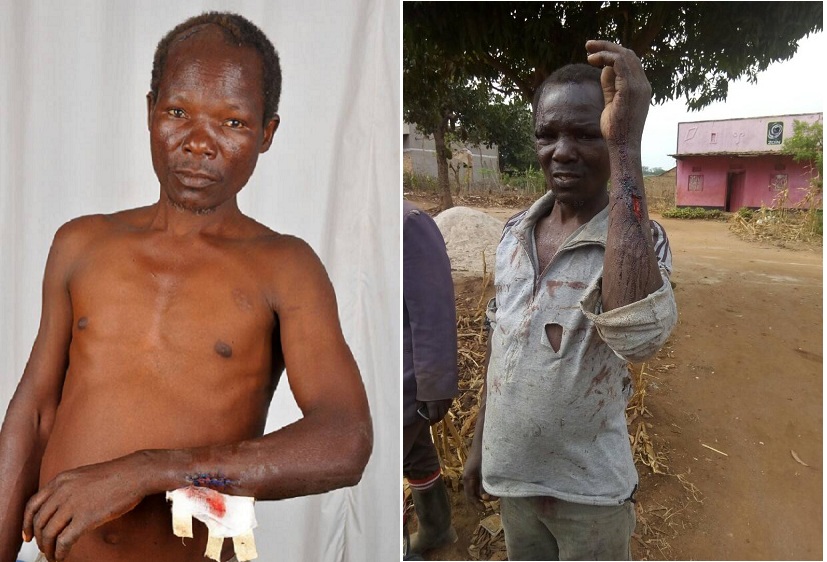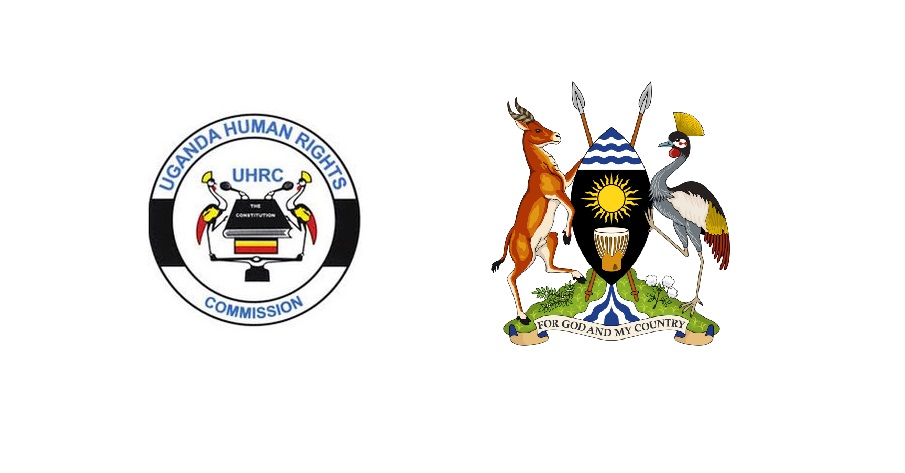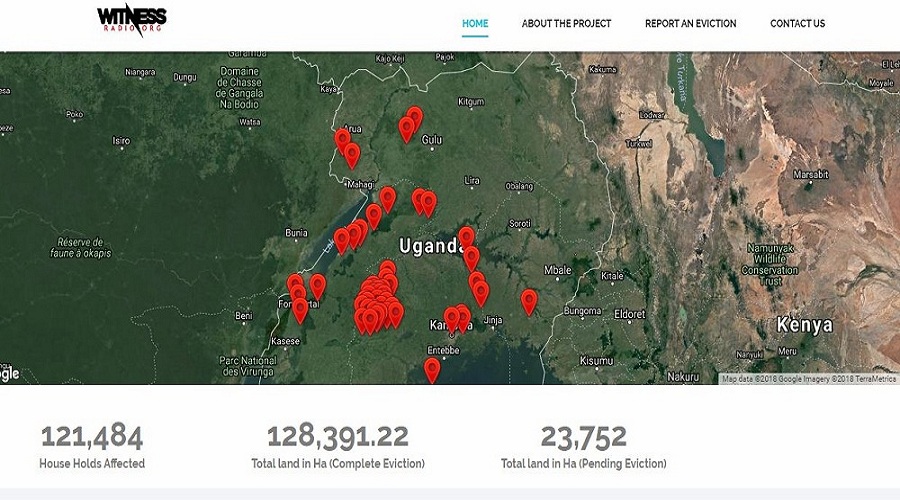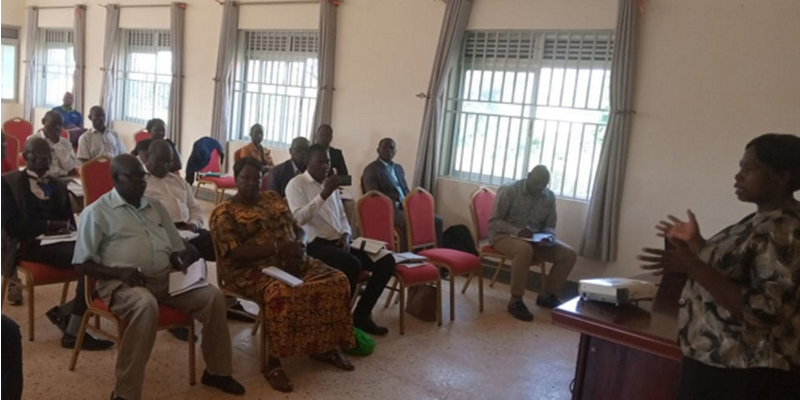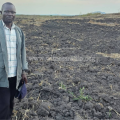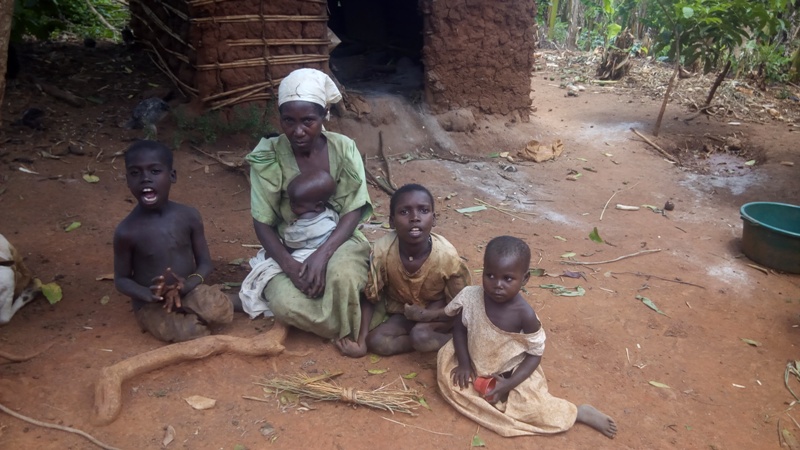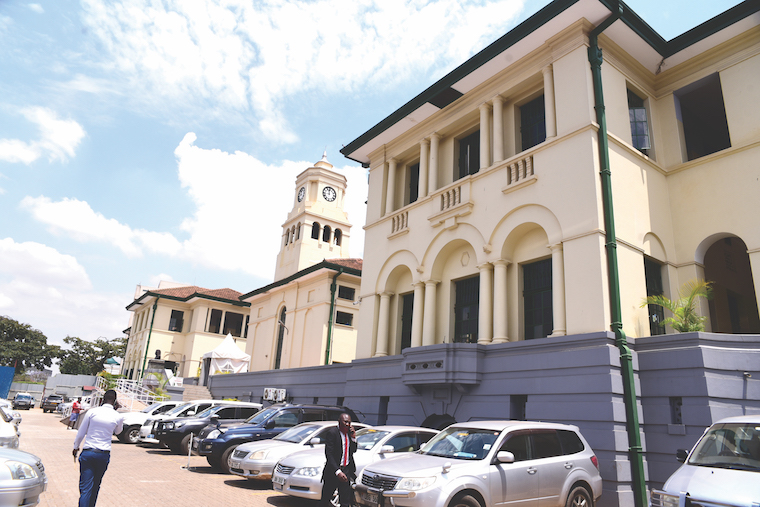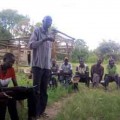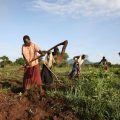The Tilenga and EACOP oil project-affected households have expressed deep disappointment over the failure of key stakeholders in Uganda’s judicial system to grant them audience to discuss their grievances stemming from a lawsuit filed against them by the government in December 2023.
In a press conference organized at Hotel Africana in Kampala, some members of the 42 of the families sued by the government claimed having travelled from Buliisa district to Kampala with the aim of meeting Norbert Mao, the minister of Justice and Constitutional Affairs, Chief Justice Alfonse Owiny-Dollo and the deputy chief justice.
They also intended to meet the principal judge, the Judicial Service Commission (JSC) and others. Additionally, the households wanted to meet Total Energies’ managing director. However, they were unable to meet any of them, stating that their refusal indicated lack of responsiveness and dialogue on critical issues affecting the rights and livelihoods of project-affected people in the oil region.
According to a one Bamutuleki, one of the affected members, they had written letters to various stakeholders, including the ministry of Justice and Constitutional Affairs, the chief justice, deputy chief justice, principal judge, Judicial Service Commission (JSC), and Total Energies, seeking for a meeting to discuss their grievances. However, they were unable to meet any of them for a crucial discussion.
“This lack of interaction leaves us feeling neglected and unheard in our quest for justice and fair treatment in the face of potential evictions related to the oil projects,” Bamutuleki said.
Julius Asiimwe, another oil project-affected person, raised similar concerns about their failure to meet the key stakeholders in the judiciary to address their grievances.
“We are not happy with all these offices. We are aggrieved. We wrote them letters requesting for meetings on specific dates and none of them wrote back to us. Based on the reception we received at the offices we visited, we don’t think that the judiciary understands the implications of its actions on our families, and our children,” Asiimwe said.
The failure to meet any of the officials leaves the future of the affected households in uncertainty after the High court in Hoima gave the government a go-ahead to evict them from their land.
GENESIS
In December 2023, the government filed a lawsuit against the households affected by the Tilenga and East African Crude Oil Pipeline (EACOP) projects in Uganda. This was after the affected households had rejected the compensation offered by Total Energies, a French company, which was acquiring the land on behalf of the ministry of Energy, citing it as inadequate, unfair and low.
The affected people said the government valuation did not reflect the value of their land, and the impact of losing their property. They expressed their preference for land in exchange for their property rather than monetary compensation in order to maintain their livelihoods.
Additionally, they claimed it was a violation of Article 26 of the Ugandan Constitution, which protects property rights and ensures fair compensation. However, the rushed court processes led by Justice Jesse Byaruhanga of the High court in Hoima resulted in a judgment against the households within four days of the case being filed, which is arguably one of the fastest court cases to be resolved in Uganda in recent memory.
The court ruling stated that the people’s compensation could be deposited in court and the government could proceed and gain vacant possession of their land.
The affected households did not participate in the court hearing because some of them were even unaware that they had been sued.
According Bamutuleki, other project- affected persons could not travel to the court in Hoima, which was far away from Buliisa, due to the short notice provided for the hearing and their lack of financial resources to cover transportation costs.
“This lack of adequate notice and financial constraints hindered our ability to participate in the legal proceedings and defend our interests,” Bamutuleki pointed out.
Additionally, Bamutuleki stated that they were given a pile of legal documents by the court and no one was there to make the interpretation for them. Most of the project-affected persons are illiterate, a factor that made it harder for them to get a fair hearing.
UNCERTAINTY
Many families say their eviction from land for the Tilenga and East African Crude Oil Pipeline (EACOP) projects makes their future unknown given that land is their primary source of income.
While at the press conference, Jelousy Mugisha stated that their daily lives depend on the land for various aspects such as generating income, sending children to school, and accessing medical assistance.
“I have been using my land for many years now to take care of my family because I don’t earn any monthly salary. So, the government giving me money to leave my land and get a smaller one is completely unfair and unconstitutional,” he said.
The families highlighted that they weren’t fighting the government and its projects but only want a fair compensation for their land, which will restore them to their former positions. Mugisha stated that the money the government proposed in compensation for their land is completely low compared to the market prices of the land in the area.
“The size of my land that was acquired is 2.5 acres. The government wants to give me Shs 5 million per acre yet the market price for one acre is Shs 20 million in my area,” Mugisha said.
“If the government really wants the land, let it get us another land equivalent to what we had and we shall agree,” he said.
Dickens Kamugisha, the executive director of the Africa Institute for Energy Governance (AFIEGO), an organization that has been supporting the affected families for a long time, expressed deep concern over the plight of the poor families from the oil region who are facing injustices.
He emphasized the importance of all Ugandans to take a keen interest in their struggles, highlighting the broader implications of the government’s actions and court precedents that allow for the violation of constitutional rights and unfair treatment of landowners.
“As these poor families from the oil region suffer injustices today, all Ugandans should take a keen interest in their plight. With courts setting bad precedents that allow the government to violate Article 26 and other human rights provisions of the Ugandan Constitution, where affected landowners are forced to accept low, unfair, and inadequate compensation, and courts deny people fair hearings, any Ugandan could suffer the same fate,” he warned.
Despite facing legal battles, evictions, and disruptions to their livelihoods, these individuals remain resolute in their pursuit of a just resolution to their grievances.
Source: The Observer.
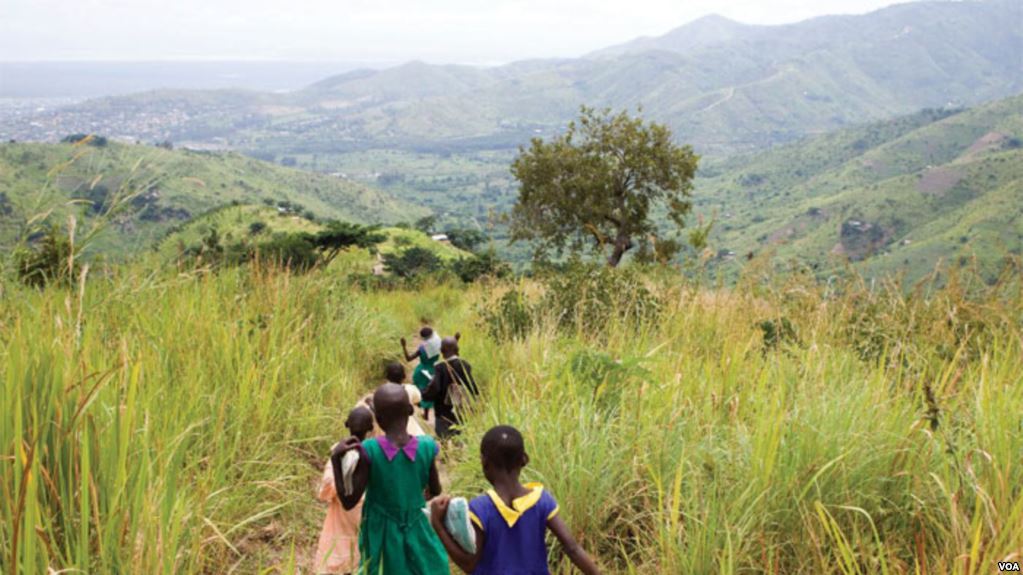
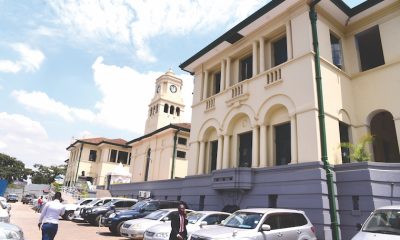
 MEDIA FOR CHANGE NETWORK2 weeks ago
MEDIA FOR CHANGE NETWORK2 weeks ago
 MEDIA FOR CHANGE NETWORK2 weeks ago
MEDIA FOR CHANGE NETWORK2 weeks ago
 NGO WORK1 week ago
NGO WORK1 week ago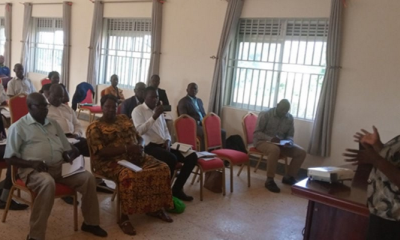
 MEDIA FOR CHANGE NETWORK1 week ago
MEDIA FOR CHANGE NETWORK1 week ago

